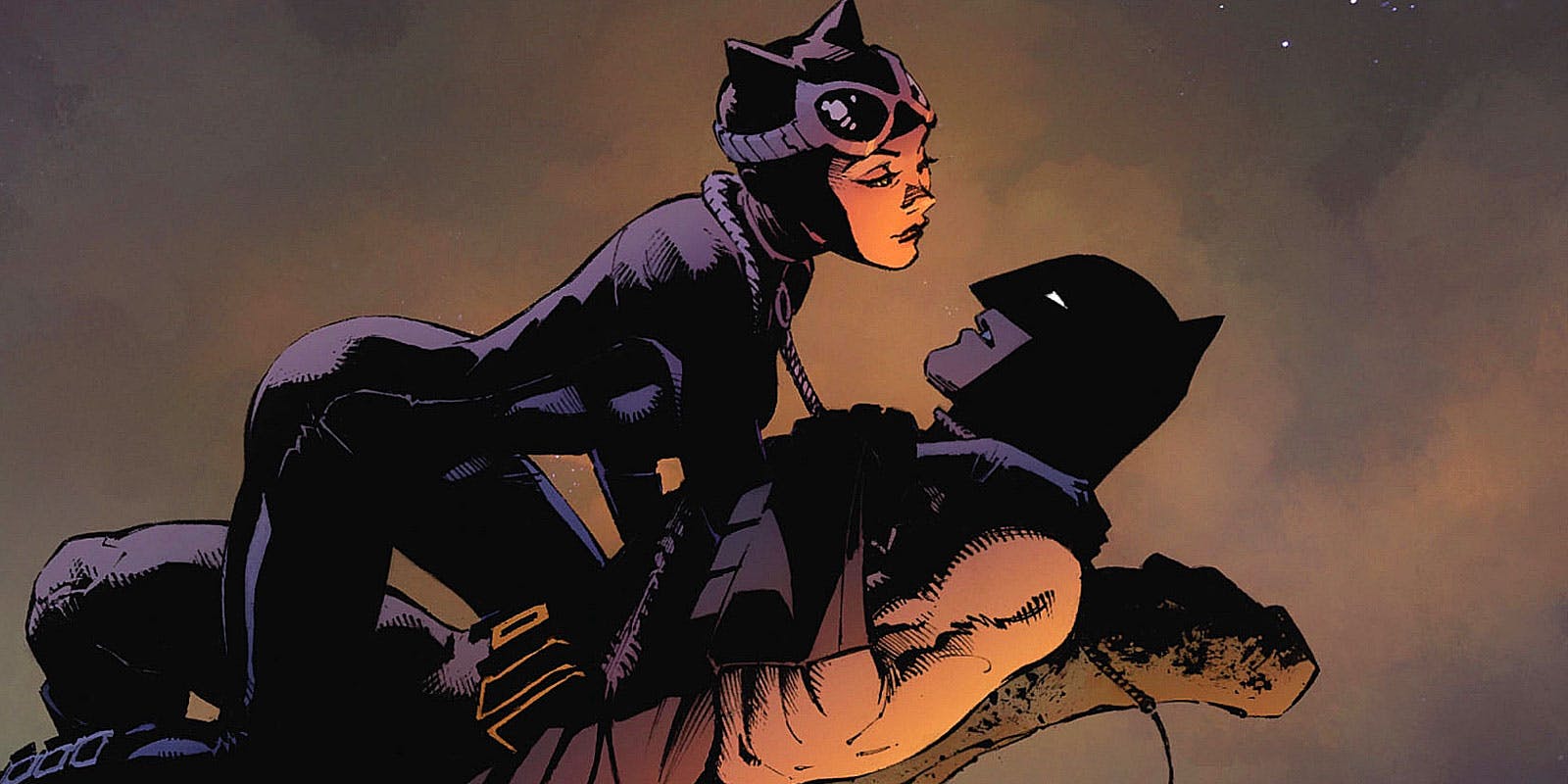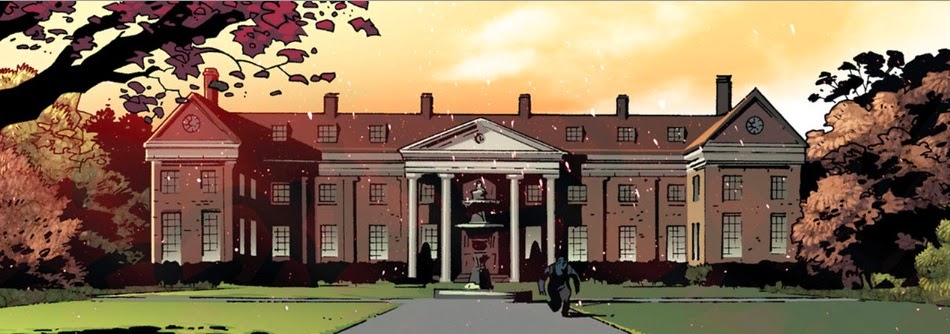In the autumn of 1920, an armistice was declared after eight years of a barbaric war between the European nations. The United States of America, having remained neutral throughout the conflict, was chosen to lead the peace negotiations. President Woodrow Wilson set forth several crucial points for enduring peace, including the creation of a "general association of nations," the abolition of secret diplomacy, and the decrease of armaments. But, before having the chance to finish composing his speech to Congress, President Wilson suffered a severe stroke that left him comatose and then passed away in the White House. With a lackluster Thomas Marshall assuming the presidency while the nation was mourning and yearning for normality, the Republican Party claimed a landslide victory in the 1920 election. This led to the United States withdrawing their delegates from the peace talks, signaling an end to their involvement in "European matters."
On the domestic front, the "return to normalcy" many people expected from President Warren Harding was far from ordinary. The post-war recession hit the country hard, and labor unions staged strikes to defend their wartime gains. President Harding sought compromises that only favored the companies rather than the workers. But with the collapse of the 1922 Great Railroad Strike, the labor movement reached its turning point. Labor groups set aside their differences and united in a widespread general strike across major industries. President Harding, seeing the revitalized organized labor movement as a threat to business, began efforts to combat it. However, it didn't deter union memberships from seeing record highs throughout the twenties despite encountering fierce opposition from local authorities and the state and federal government, regardless of political affiliation.
By the 1924 election, the United States was now riding high on economic prosperity, solidifying its position as the world's wealthiest nation per capita. So it came as no surprise when Republicans clinched another victory, having Vice President Calvin Coolidge step up after President Harding died of a heart attack in the days before his re-election campaign. President Coolidge took a hands-off approach to the labor problem, preferring to leave the matter to local and state governments. He even scaled back federal regulatory agencies during his time in office, upsetting much of his fellow Republicans. However, his refusal to support farm subsidies and military bonuses through veto power caused fierce frustration among farmers and soldiers. Despite the controversy, the public still held President Coolidge in high esteem, thanks to the thriving economy and a whopping $300 million surplus. It made his refusal to seek re-election evermore surprising to the nation.
The White House still remained in Republican hands after a decisive victory with Herbert Hoover taking the reins in 1928. His vision of a prosperous future free of poverty was shattered by the Stock Market Crash of 1929, followed by a global economic depression. President Hoover chose to prioritize strengthening businesses and initiating public works projects rather than direct federal interventions, a decision that ultimately failed to revive the economy. The situation was further exacerbated by the passage of the Tariff Act of 1930, which implemented protectionist trade policies, and President Hoover's refusal to enact relief measures. This led to significant losses for the Republican Party in the midterm, as control of the House shifted over to Democrats. The country witnessed the emergence of shanty towns and homeless encampments; all the while, the unemployment rate skyrocketed to 24%. It all reached a critical point when the "Bonus Army" set up camp in the nation's capital during the early summer.
In a dramatic turn of events, two months later, on July 28th, federal troops stormed the camp following riots caused by the death of two veterans at the hands of the District police. Under orders of President Hoover, General Douglas MacArthur began advancing upon the campground, intending to evict only the marchers and their followers from the area. However, chaos erupted as gunshots rang out and fires engulfed the shacks, leaving hundreds injured and dozens dead. Eyewitness accounts revealed that MacArthur ordered troops to open fire on the crowd without warning. During a committee hearing, MacArthur testified he witnessed individuals leaving a shack with weapons in hand, believing them to be part of a syndicalist conspiracy poised to attack the federal troops. Regardless, the harrowing event, known as the Anacostia Massacre, sealed the fate of the Hoover administration, extinguishing any ambitions of a second term in the 1932 election.
Pressure from the labor unions and military personnel, the Democratic Party nominated former mayor Jacob Coxey for president, with Henry Wallace as the vice presidential nominee, a move made to appeal to moderates within the party. Coxey championed the restoration of labor rights, financial reforms, and new programs, while Wallace worked to win over conservative Democrats and centrists. Their efforts paid off, leading to a landslide victory, with the party triumphing in all but five states. However, behind the scenes, the Democratic victory sparked concern among conservative businessmen, who feared significant changes to the status quo, including the potential end of the gold standard. In response, a desperate Republican Party was approached with a bold conspiracy—The Business Plot—in a bid to reseize power with military support from the "radical socialists in the White House."
As Inauguration Day arrived, the world was stunned to witness General Douglas MacArthur being sworn in as a temporary president. He announced in front of the U.S. Capitol building that the President-Elect and Vice President-Elect had been arrested for allegedly "orchestrating communist activities against the United States." The accusation sparked widespread protests organized by left-wing third parties, with some House and Senate Democrats vocal against the MacArthur administration. Despite the initial uproar, most politicians from both sides chose to remain silent on the matter. And amidst the turmoil, a committee was formed to find a replacement for the presidency, which only heightened the country's divide. After two weeks of intense closed-door negotiations, Senator Huey Long of Louisiana emerged as the surprising candidate, sparking even more unrest.
The Democratic Party immediately denounced the nomination and called for a general strike nationwide, while the Republican Party backed the committee's choice. Naturally, the House would have opposed such a controversial choice if it hadn't been for the nomination of William Lemke as Vice President. Lemke championed the causes of farmers at the onset of the Great Depression, with family-owned farmlands being subjected to foreclosures. That balance of power was enough to secure a narrow victory in the House, paving the way for the Republican-backed Senate to vote for the choices. Predictably, the left-wing third parties mobilized for an immediate protest in the nation's capital against the vote. Police and National Guard troops used force against the protesters, leading to a full-scale riot. It had gotten to the point that President-appoint Long had to enlist the help of William Pelley and his Silver Shirts to quell the unrest.
The Silver Legion sought to suppress the protests through aggressive tactics, leading to the detention of thousands and the injury of hundreds. But despite criticism from the National Guard and military personnel, Pelley found favor with the White House and solidified their friendly relations in the newly refurbished East Room. With support from radio evangelist Herbert Armstrong, his pro-segregationist, antisemitic rhetoric gained traction across the country, attracting numerous new followers. As tensions further rose, an exodus was beginning to take shape in fear of further violence. Their fears materialized when the headquarters of the Socialist Party of America was engulfed in flames, resulting in the tragic deaths of several party leaders and members. The surviving leadership, fearing arrest, fled to Chicago before going into hiding following the outlawing of leftist third parties.
Pelley's Silver Shirts gradually incorporated into the United States Military for their efforts in restoring order in the nation's capital. Many of the active duty officers were caught completely off-guard by the unexpected development. Then, a shocking revelation came to light—plans were leaked for the Long administration to grant pardons to high-ranking members of the Black Legion, who were serving life sentences for murder. This was the final straw for Major General Smedley Butler and Rear Admiral William D. Leahy, who hatched a daring plan to liberate Henry Wallace and Jacob Coxey from prison and flee to Europe aboard the battleship USS New Mexico. Unfortunately for them, Brigadier General Hugh S. Johnson, who was initially part of the conspiracy, tipped off the Federal Bureau of Investigation about the plot. So when the day of the escape attempt arrived, a task force ambushed Butler's militia at the prison, sparking an intense week-long siege at Barney Circle.
In the end, the escape attempt was a catastrophic failure that claimed the lives of Butler and Coxey and left Wallace severely injured. Meanwhile, Leahy and the crew had already been captured onboard the New Mexico prior to the ambush. This attempt led to a military purge known as The Grand Cleansing, which lasted until 1937, allowing the Silver Legion to consolidate significant power across the country. While the Ku Klux Klan experienced rapid growth, establishing chapters throughout the Midwest, and securing political influence at both state and federal levels. It fundamentally resulted in Huey Long winning a second term in the 1936 election, despite widespread allegations of voter intimidation in several states from the Democratic Party. During his second term in office, Long initiated the dismantling of antitrust laws and embraced pro-business policies while collaborating with Henry Ford and several businessmen to combat the Great Depression.
But during a week-long rally held in Savannah in 1939, a resistance group using the name "Sons of Liberty" launched a blazing attack on President Long. The fiery assault left President Long with minor injuries, while Vice President Lemke succumbed to smoke inhalation, and Pelley was gravely wounded. Even though the National Guard eventually overpowered the rebels, the assassination attempt was a devastating blow to the nation's security. Remarkably, the country did not spiral into total anarchy as President Long continued to fulfill his duties from his hospital bed. The Secretary of State served as a transient vice president before being swiftly replaced by Earl Long, Lieutenant Governor of Louisiana, in anticipation of the 1940 election. Concerns about a potential third term for President Long were raised from both sides of the political spectrum but were ultimately mitigated when the Republican Party gained control of the Senate for the first time in 1932.
This marked the beginning of the Long family's foray into politics. Although medical complications prevented Huey from seeking a fourth term, he passed the torch to his brother and aimed to reclaim his Senate seat in Louisiana. In the 1944 election, Earl Long clinched the presidency, and Republicans seized control of the House for the first time since 1928. Renowned as "Uncle Earl," he was a brilliant campaigner with an erratic political behavior, often demanding unwavering loyalty to him. Consequently, his administration ushered in a wave of new appointments and dismissals within the federal government, with loyalists assuming key roles at the expense of established civil servants. While Republicans savored their newfound power, the Democratic Party's feeble response allowed the country to descend into an autocracy as they sought to safeguard their dwindling political influence.
But after Earl secured a third term in office, his behavior grew increasingly erratic, causing his inner circle to start getting concerned. The administration was plagued with resignations and firings of political appointees, leading to instability. The Republican Party was willing to put up with the embarrassment until the 1954 midterm election. To their surprise, Republicans almost lost all the gains made in the House, while the Senate losses were modest. This close call prompted several members to call for Earl's resignation, including the Speaker of the House of Representatives and a handful of cabinet members. Although Earl initially refused to listen, he was eventually convinced by his brother Huey to resign and rerun for lieutenant governor of Louisiana instead. While it was a solemn moment in the history to many, others breathed a sigh of relief at his replacement.
In 1955, with the presidential election looming, the Republican Party was already plotting its comeback after the midterm losses. While some party members are pushing for a shift towards social and environmental justice policies, the majority are rallying behind the powerful Long family and their conservative politics, backing the potential candidacy of Russell B. Long. On the other side, the Democratic Party, taken by surprise by their recent gains, is resorting to a bold last-ditch effort to reclaim the presidency. However, they're facing stiff opposition from their rivals, including the formidable Federal Bureau of Investigation led by the unyielding J. Edgar Hoover, determined to quash any remnants of leftist ideals. And some Democrats are getting a little too cozy with the Long family, and it's stirring up talks of a potential party split. Meanwhile, whispers of underground resistance groups biding their time to restore democracy still persist, adding an air of intrigue to the rocky political landscape of the United States.


















 -
-

 -
- -
- ---
--- ---
---





 too young to burn - sonny and the sunsets
too young to burn - sonny and the sunsets










